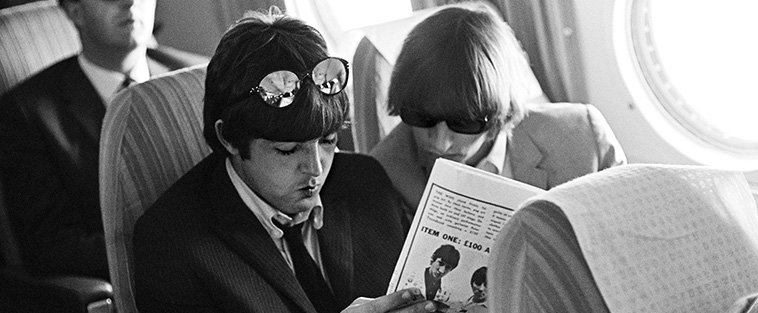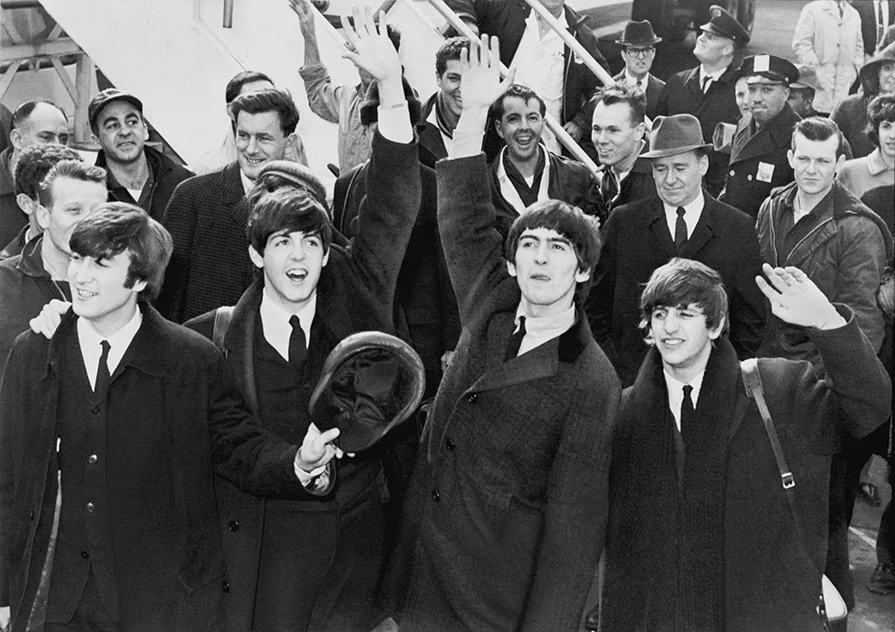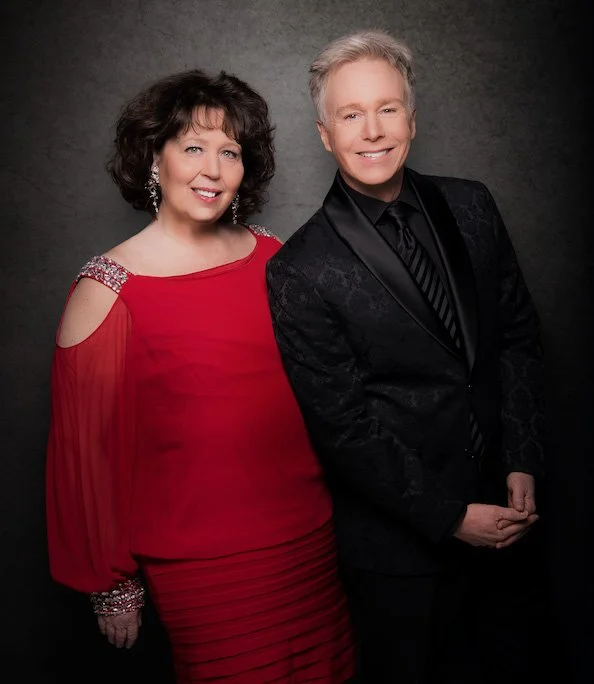By John Schauer
When younger segments of the population take umbrage with the Baby Boomer generation, as is fashionable nowadays (often with a dismissive “OK, Boomer”), they’re neglecting that their opinions’ traction in the national dialogue is owed to the Boomers, who have always been the “bulge in the python,” demographically speaking. It wasn’t until the disproportionately large Boomer generation became adolescents, with unprecedented spending power, that marketing managers in every facet of popular culture began heeding the tastes and whims of teenagers. As Cher sang in the 1967 hit “The Beat Goes On,” “Teeny-bopper is our newborn king!”
Lillian Roxon’s landmark Rock Encyclopedia points out that at the time the members of The Beatles were born in the early 1940s, pop music was still dominated by the “big bands” of the wartime years and was sung by adults, for adults. That started to change when Bill Haley’s “Rock Around the Clock” ignited a musical revolution in 1955, the same year John Lennon started his first band, The Quarrymen. The following year, when Elvis had his first major hit with “Heartbreak Hotel,” Lennon met McCartney; their first collaboration, “Love Me Do,” written in 1957, would be The Beatles’ first release in England five years later, laying the groundwork for the “British Invasion” that would transform the American pop scene.
The Beatles waving to fans after arriving at Kennedy Airport, February 1964 (photo: United Press International); Top of page: Paul McCartney and Ringo Starr in flight to San Francisco, August 1965 (photo: The Bob Bonis Archive, www.bobbonis.com)
The Beatles eventually became such a cultural juggernaut that we forget they weren’t alone in that invasion. Factions at my high school (yes, I am an unabashed Boomer) passionately debated the relative merits of The Beatles, The Rolling Stones, The Dave Clark Five, Herman’s Hermits, The Kinks, The Animals, The Yardbirds, The Hollies—the movement seemed endless. That energy spread throughout pop music, which was evolving at a dizzying rate: the beginnings of the folk movement, the emergence of solo singer-songwriters, the fusion of folk rock, the explosion of the Motown Sound, San Francisco’s fertile acid rock scene—the pop music industry hadn’t seen anything like it before and hasn’t since.
Yet, with this embarrassment of riches, it is a stunning testament to The Beatles’ stature that they somehow towered above it all for the slightly more than a decade that they stayed together. They were revered not only as a group, but also as individuals, with distinct personalities and styles. Their 1964 film debut, A Hard Day’s Night, broke new cinematic ground. Their song “Yesterday” holds the record as the most-covered song in recording history—by one count, over 2,200 versions. It would probably be easier to list the artists who haven’t recorded it than those that have. In 1977 the stage show Beatlemania (tactfully advertised as “Not the Beatles, but an incredible simulation”) established the commercial viability of cover bands, launching a new musical industry.
A few other groups contemporary with The Beatles have lasted longer—most prominently The Rolling Stones. But it is unlikely that Cirque du Soleil will ever produce an entire show around the Stones’ music, as they did with Beatles repertoire in their 2006 extravaganza Love. Nor have multiple producers arranged Mick Jagger’s hits in the style of Baroque composers, as musicologist Joshua Rifkin and composer Peter Breiner have with the Lennon/McCartney songbook. (In fact, the best-selling album ever released on the classical Naxos label is Breiner’s Beatles Go Baroque.)
Beckie Menzie and Tom Michael
But The Beatles are not merely a nostalgic artifact in Boomers’ memories; each generation since has discovered and embraced their unique artistry and charisma. So Ravinia-goers will have plenty to celebrate on June 30 when cabaret duo Beckie Menzie and Tom Michael reimagine the Liverpudlians’ music for the lounge with unique links and background stories, or on July 3 when the Classical Mystery Tour and its Beatlemania veterans hits the stage with the Chicago Philharmonic and conductor George Stelluto. And to delve further into the legacy and mystique of The Fab Four, the interactive, artifact-driven exhibit Ladies and Gentlemen … The Beatles! in the gallery of the Ravinia Music Box provides a chance to get in touch with your inner Boomer.
As that Boomer bulge gets progressively closer to the python’s tail, my generation has a lot of history to look back on: the unprecedented antiwar movement spurred by Vietnam, the births of women’s liberation and the Civil Rights Movement, the first stirrings of ecological awareness. But if you really want to engage a Boomer in conversation, bring up the subject of The Beatles. Odds are they will still be able to tell you which Beatles album was topping the charts at the time of their junior prom, or champion debate tournament, or first romantic breakup.
And speaking of breakups, best not to mention Yoko Ono. ●
John Schauer is a freelance writer who moved into his first off-campus apartment during the initial release of Abbey Road.



